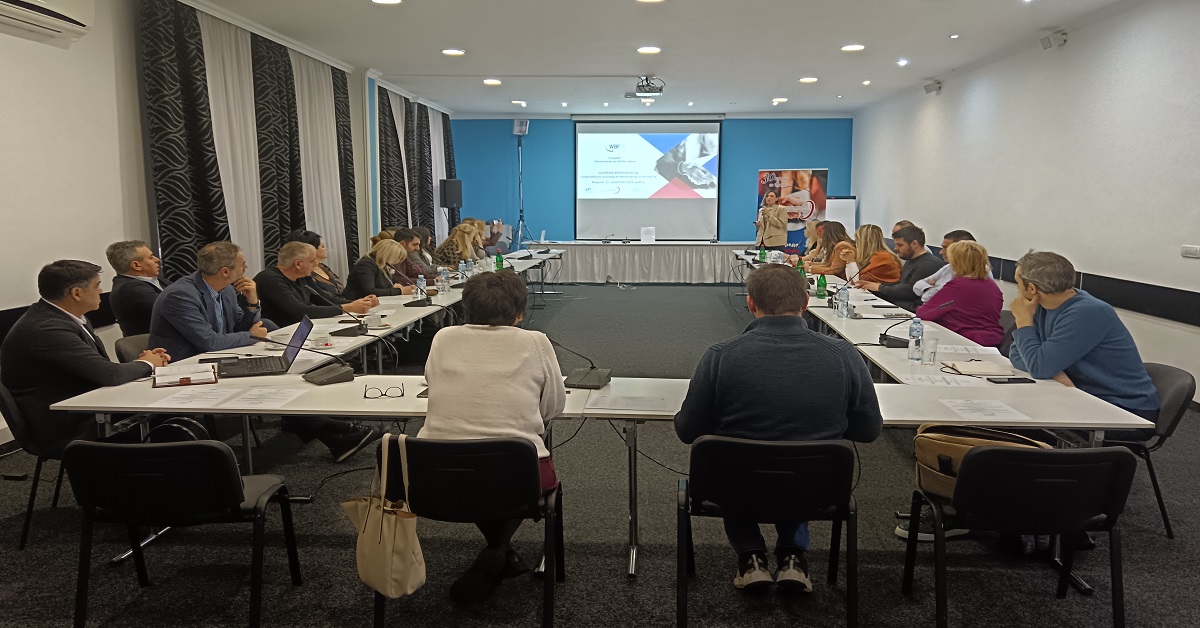
The final Conference of the international project “Education for Sustainable Development” was held on November 22, 2024. The topic of the conference was “Improving the process of professional orientation”.
In the first part of the Conference, the legislation of Montenegro, North Macedonia, and Serbia related to career guidance and counseling was presented, while the second part focused on discussing what is missing in this process, what needs to be changed, and who can provide support for positive changes.
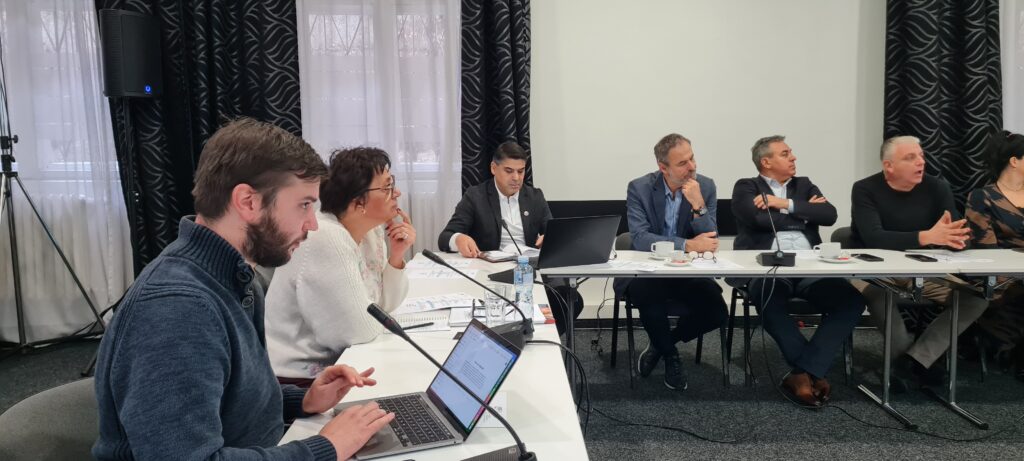
“I believe that this was a significant step towards creating an educational system that will respond to the needs of the labor market and provide young people with the tools for success in the future. I would like to highlight several key results of this project. Several round tables were organized with more than 100 participants, cooperation was achieved with several elementary schools in the three contracting parties of the Fund, and more than 100 participants were involved in direct activities, including students, parents, teachers, and company representatives. Also, the project prepared three reports on the real state of education and the needs of all those involved in the processes in the 3 contracting parties of the Fund and one regional report, which summarizes research findings, experiences from the field, and recommendations for further steps. One of the most important conclusions of the project is the need for systemic change – not only in education but also in the way we think about education, work, and careers. Children in primary schools must already understand that learning is not a process that ends with graduation but a permanent part of their lives. This concept, when successfully implemented, contributes to greater adaptability, faster and easier retraining, and higher employment rate, especially among young people. I would like to thank all the partners, participants, and supporters of this project. Your commitment and contribution were crucial to the success of all project activities. I would especially like to thank the decision-makers who are open to innovation and ready to recognize the importance of career guidance in primary education. Finally, I want to emphasize that this is just the beginning. The results we have achieved through this project serve as a foundation for further work and initiatives. I believe that we will continue to strengthen cooperation in the region and work together to create a society that values knowledge, work, and adaptability,” said Uroš Čitaković, Program Manager of the Western Balkans Fund.
Mile Boškov, Executive President of the Business Confederation of North Macedonia, emphasized that this project on improving the career guidance process is particularly important in North Macedonia, as no research has ever been conducted regarding elementary schools.
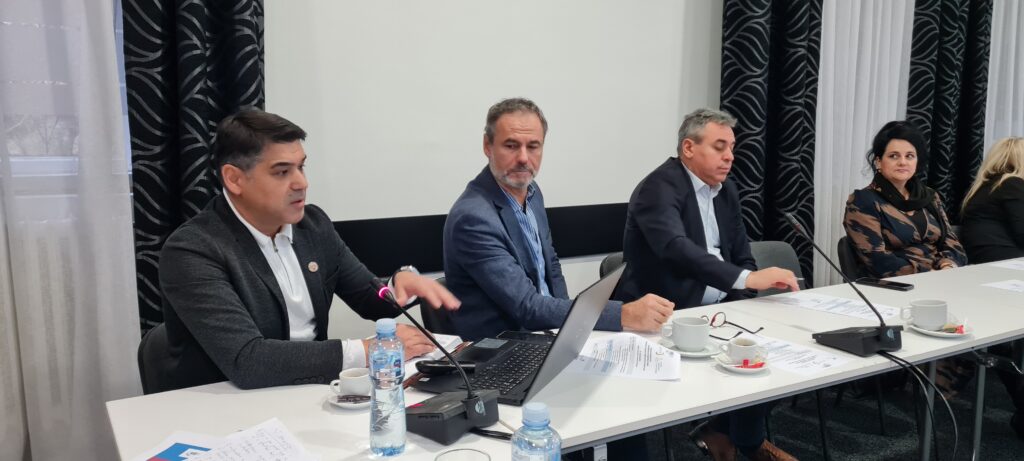
‘It is very important for professional, expert, and educational institutions to be involved in career counseling for children, but it is also crucial that this becomes part of society, including employers, families, and the entire community. The goal is to transfer the conclusions from this Conference to policymakers and employers in our country, with the aim of determining North Macedonia’s position on this issue in the region”, Boškov emphasized.
“We are pleased that the Montenegrin Employers Federation was a partner in this project and that, within it, we focused on education as a very important system in all three participating countries. I am especially glad that this project focused on elementary schools, as we all concluded that a young person’s career path begins in elementary school and that it must be the foundation for everything that follows. The complexity of this system is evident in that it requires networking both of the education system and the economy, because we must not forget that the economy is the ultimate user that will employ these young people,” said Marina Jovanović, representative of the Montenegrin Employers Federation.
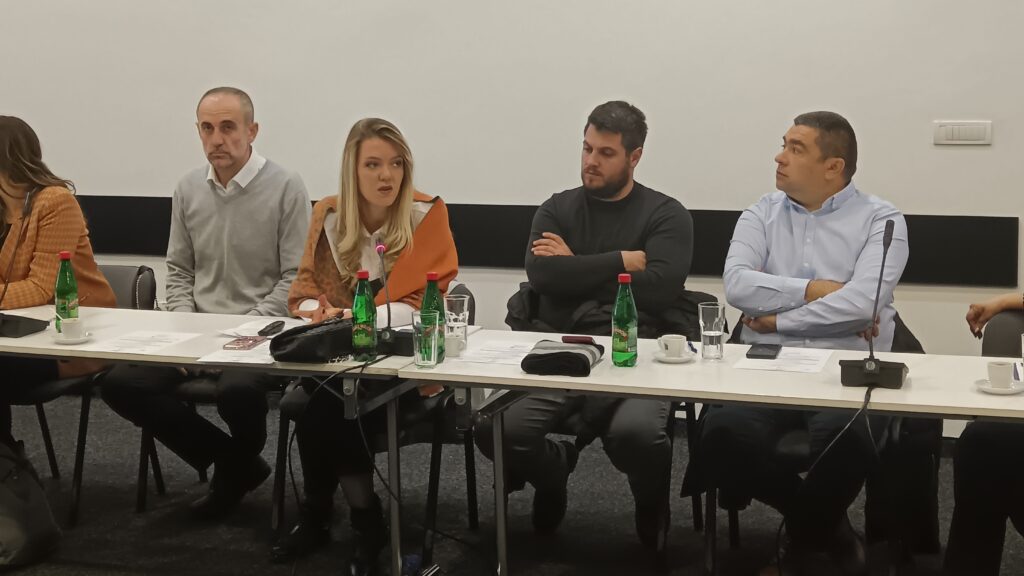
Through activities carried out with the support of the Western Balkans Fund – from research and round tables to visits to elementary schools and conferences – the project partners succeeded in bringing together a diverse range of participants, including representatives of ministries of education, local governments, elementary schools, trade unions, non-governmental organizations, and, most importantly, students and their parents.
Through this project, we reached very important conclusions and recommendations, and it is crucial that decision-makers hear these recommendations and involve representatives of the employers’ associations from all three countries in the process of creating regulations and making decisions.
Svetlana Budimčević from the Serbian Association of Employers emphasized that education is the foundation for the sustainable development of the economy and society. It requires a serious approach, it must be designed to be flexible and responsive to the current and future needs of the economy. This can be achieved by strengthening the synergy between the economy, education, and the state/local governments to deliver the best solutions.
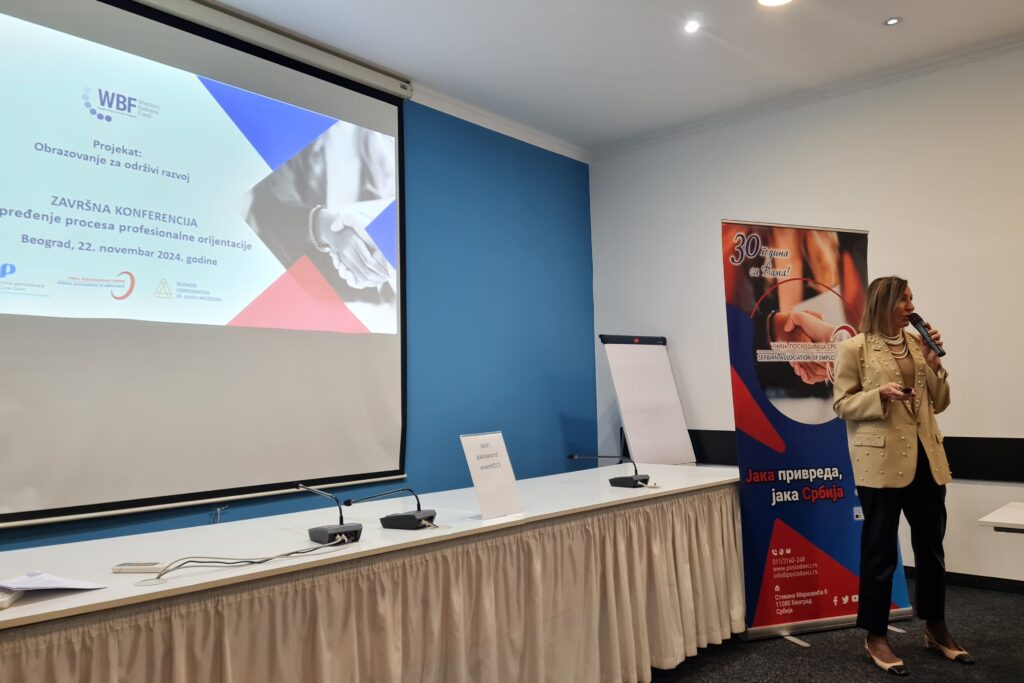
“The lifelong learning strategy must include a segment on career guidance and counseling, address diverse requirements based on the varying development levels of different regions, and allow for modifications according to the needs and development of local communities,” emphasized Budimčević.
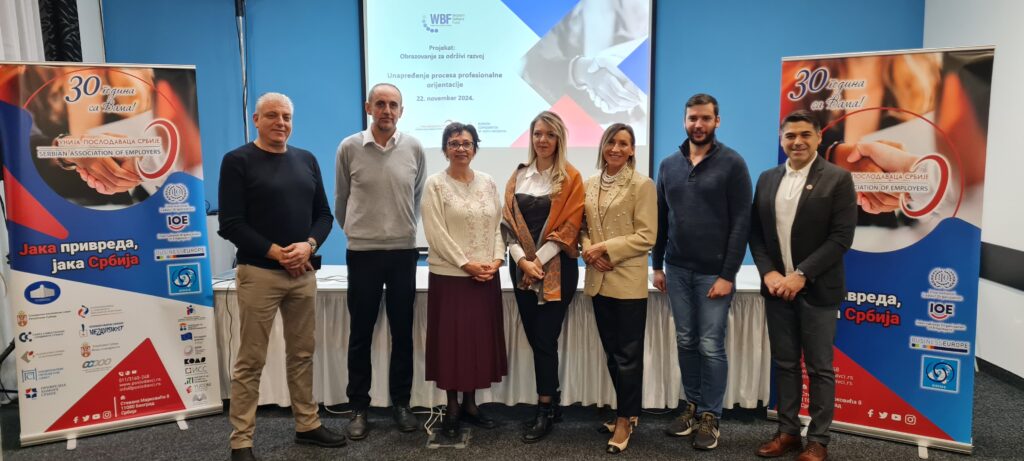
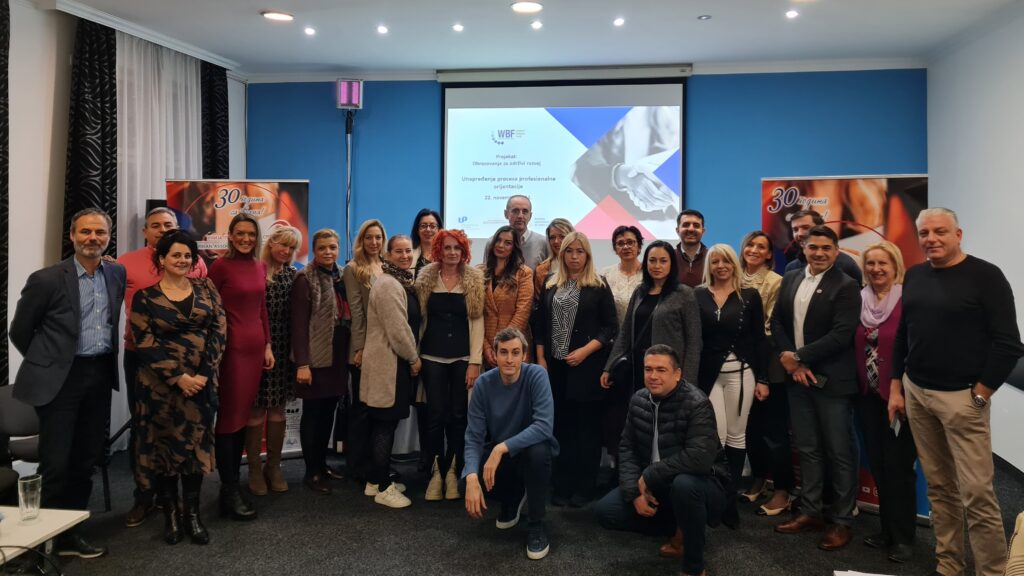
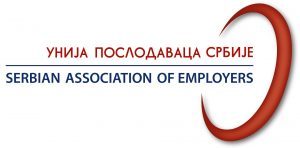
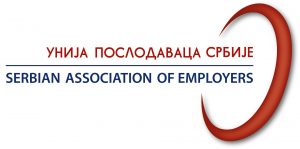
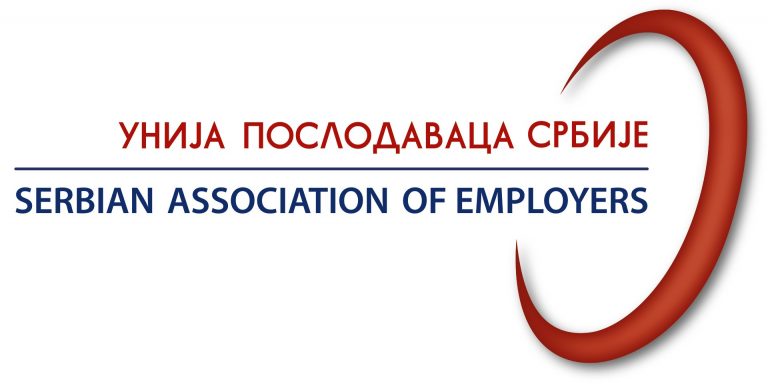
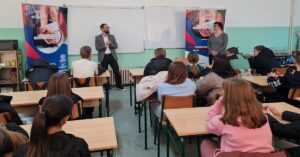
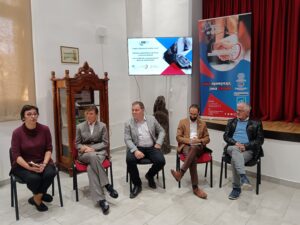
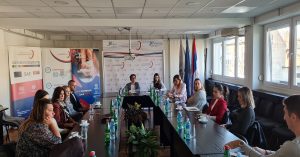
No comment yet, add your voice below!